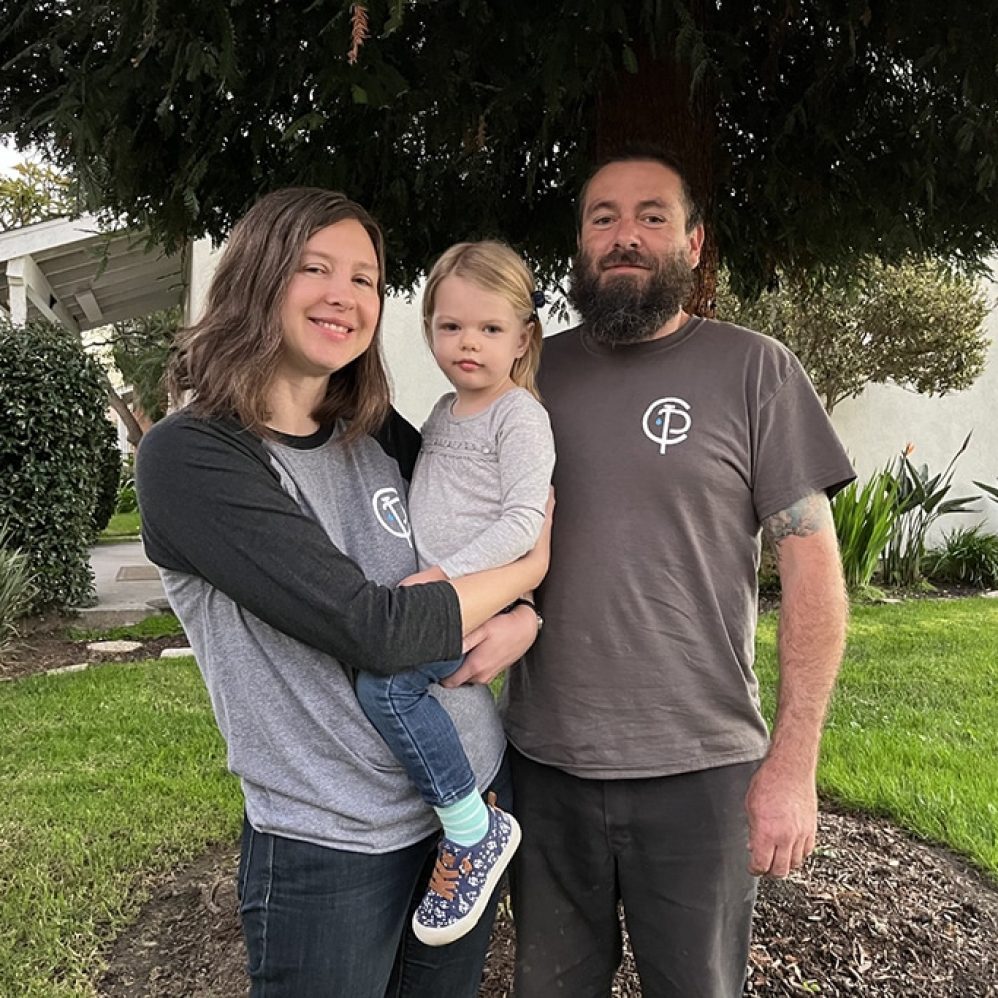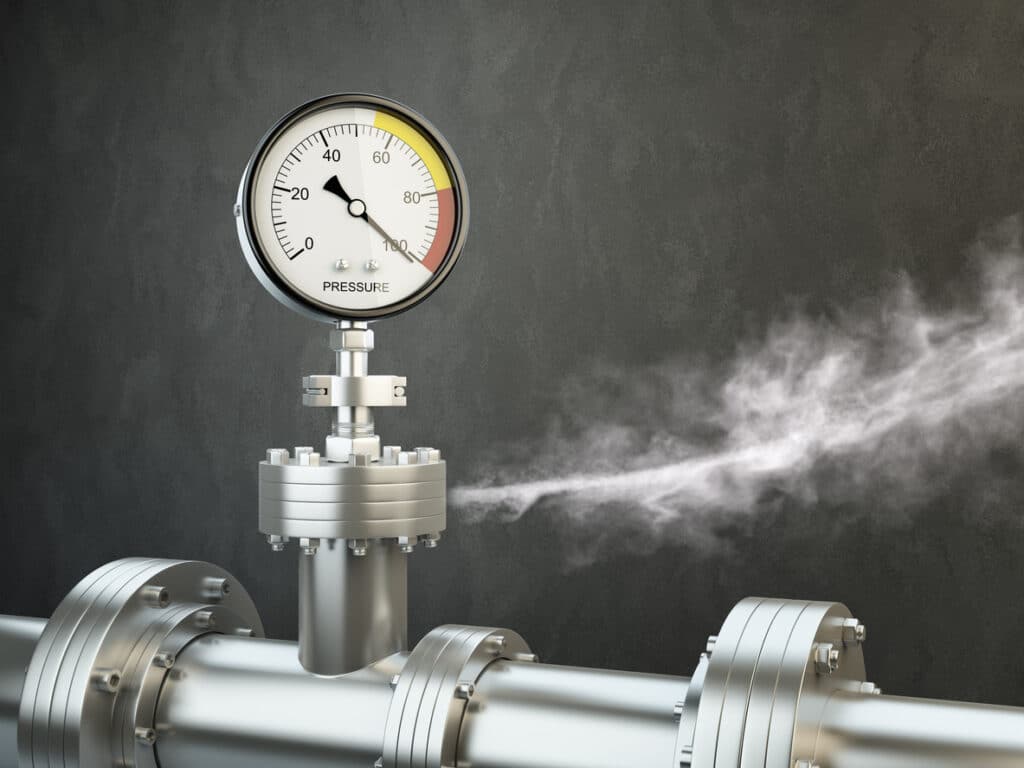A gas leak is considered dangerous since it can cause explosions and fires, kill vegetation, and release greenhouse gases into the atmosphere. Gas leaks can, however, be avoided with the right approach to gas line safety. We offer some tips below.
Check Your Furnace
Have your furnace inspected before you start using it again. Inspectors look at things like the color of your pilot light and connections inside and outside your furnace. They check thermostats and gas line connections, too. This also applies to other gas-based appliances, such as gas stoves and ovens, water heaters, and dryers.
Look for Signs of a Gas Leak
Fall is a time when much time is spent indoors. This is one of the reasons why it’s important to check for leaks when it’s colder outside. Signs of a gas leak include:
- Discolored leaves near gas lines
- Dead vegetation near pipelines
- Discolored soil
- A pilot light that keeps going out
- A rotten egg smell
- A lingering gas smell even when gas-based appliances are not in use
Wrap Pipes
Before colder temperatures settle in, locate gas pipes near outer walls, in crawl spaces, and in attics or basements that are susceptible to freezing. Wrap them with pipe insulation to prevent freezing. Do the same thing with outdoor gas lines. Also, check your meter for ice and snow that may prevent it from working properly.
Store Flammable Liquids Safely
Be careful with storing anything flammable, like paint thinner or lawnmower gas. Keep such items from gas lines. For instance, don’t store flammable items at the side of your dryer or in the same area as your furnace.
Clear Leaves and Snow From Gas Lines
Chimneys, exhaust ducts, and vents for gas appliances need to be cleared and free of all debris after a heavy snowstorm or rainstorm. Leaves can also present problems if they accumulate. Keeping gas line areas clear also keeps carbon monoxide from accumulating.
Protect Your Gas Lines From Lightning
Lightning in the fall is a possibility in warmer climates. If you have corrugated stainless-steel tubing (CSST) for gas house piping, it needs to be properly bonded to prevent the risk of damage and fire from a lightning strike. Direct or even nearby lightning can cause this type of piping to become energized, which may cause a fire.
Use Methane Detectors
Natural gas is odorless. A chemical called mercaptan is added to give it that “rotten egg” smell to alert you of potential leaks. However, some people can’t detect gas leaks because of a diminished sense of smell or other medical issues. Consider purchasing methane detectors for your home this fall. They sense natural gas and sound an alarm before dangerous gas levels are reached.
Contact Carlson Plumbing in Fountain Valley, CA today to learn more about our full range of gas line services.





